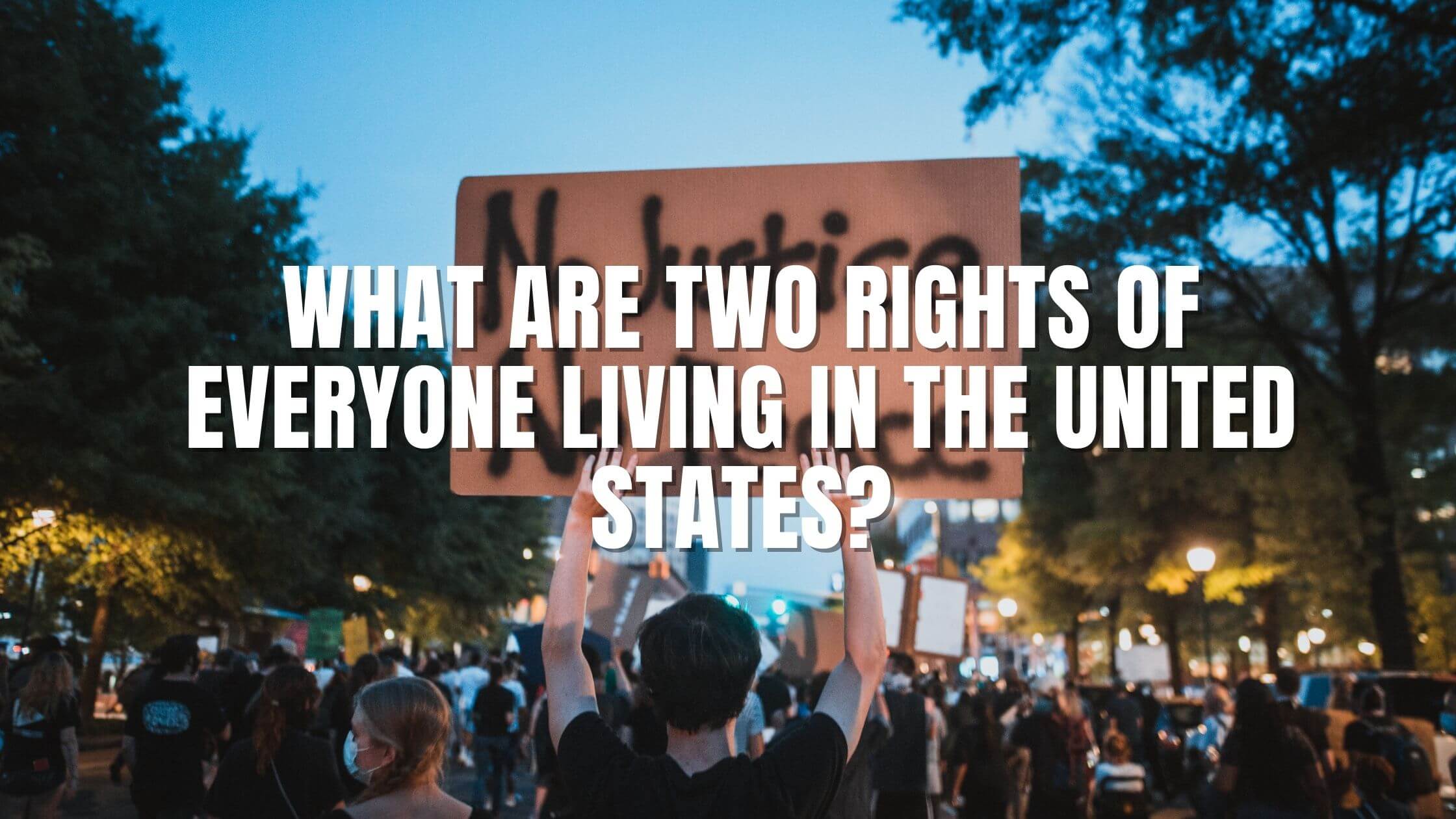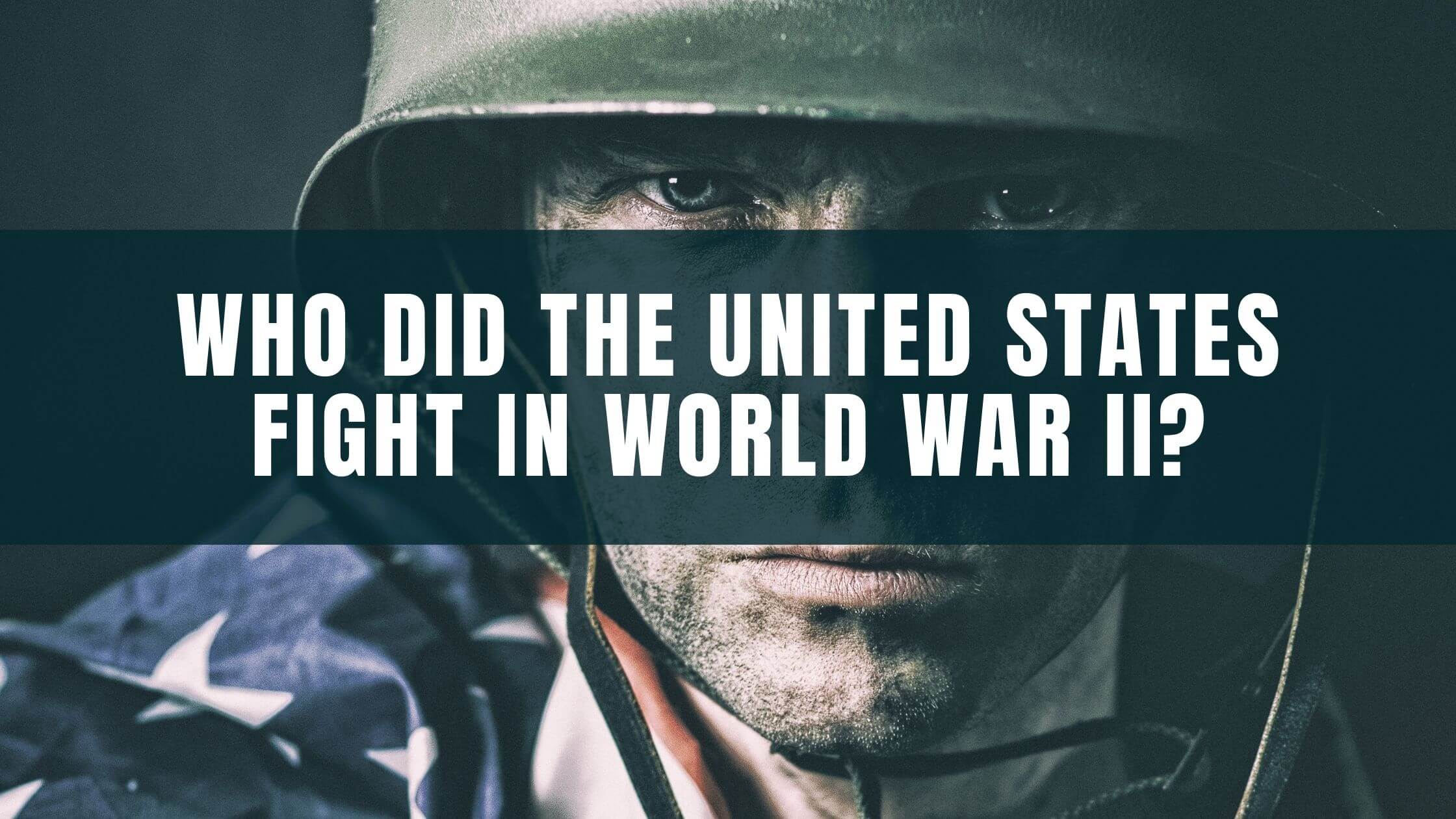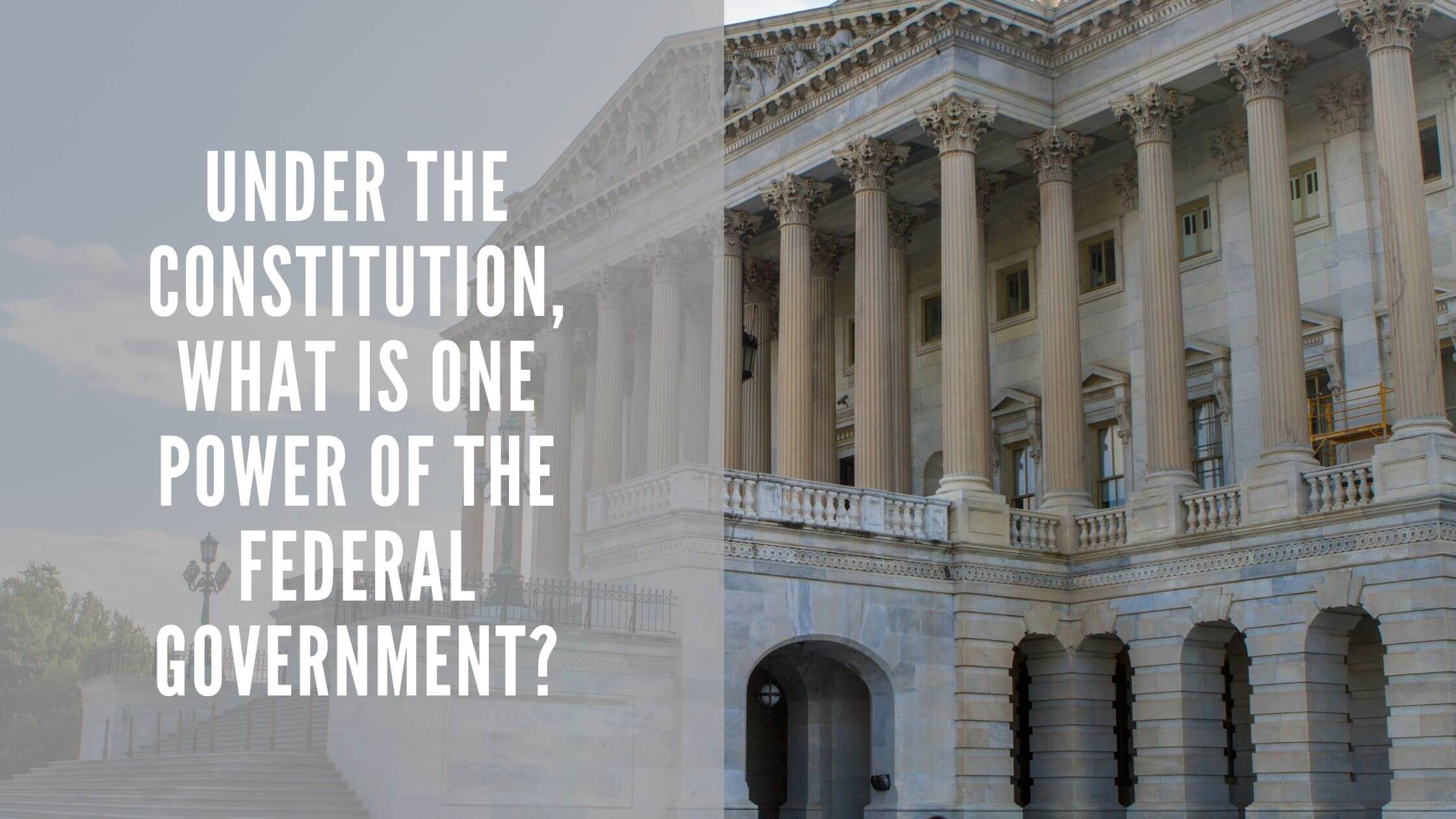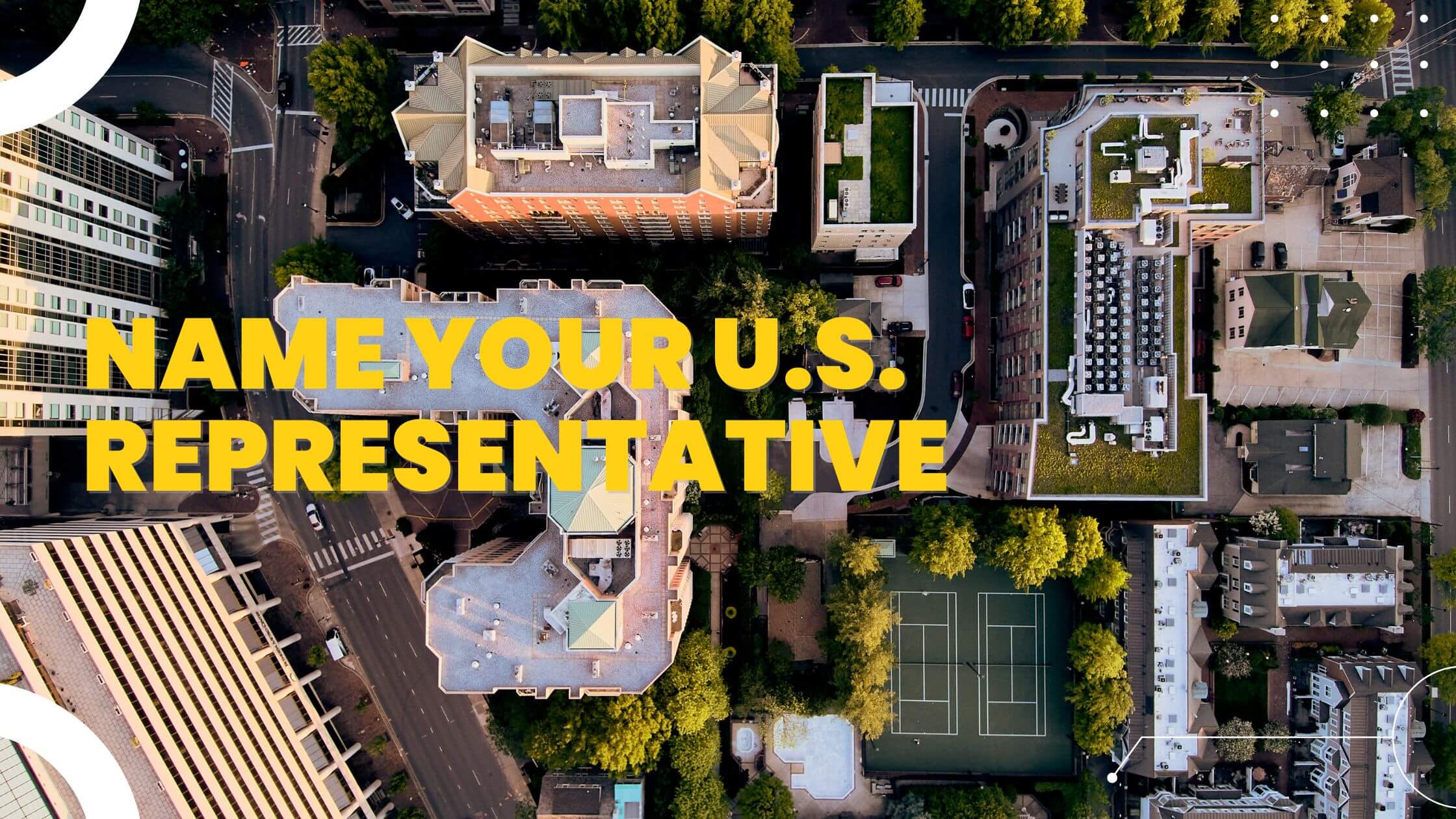Table of Contents
ToggleTo pass the US citizenship test, you will have to answer 10 of a possible 100 questions. The following question is from the USCIS test.
What are two rights of everyone living in the United States?
Answer:
- freedom of expression
- freedom of speech
- freedom of assembly
- freedom to petition the government
- freedom of religion
- the right to bear arms
The following is a full explanation of the USCIS question:
The Right to Bear Arms
The Second Amendment is part of the 1791 Bill of Rights, the first ten amendments to the Constitution. After the Constitution gave the federal government a significant amount of power in 1787, the Bill of Rights was introduced to protect the rights of the people and state governments. The Bill of Rights includes all of the rights listed here.
The Constitution and the Bill of Rights set out the rights in a concise manner and leave it up to the Supreme Court to determine the limits of each right. The text of the Second Amendment says only, “A well-regulated Militia, being necessary to the security of a free State, the right of the people to keep and bear Arms, shall not be infringed.” It does not specify what limits there might be on militias or private gun ownership. Some early state constitutions had gun rights clauses with almost exactly the same wording.
Why Early Colonists Distrusted National Armies
Early colonists did not trust national armies and saw them as likely to lead to government oppression. They thought a full-time national army under the control of a central government was only justifiable when there was a foreign power against them. Normally, any domestic military threat should be dealt with by a civilian militia with their weapons.
The Gun Control Debate
One of the issues that divides Americans into right and left is gun control. People care deeply about gun control or gun rights and will vote for the party that falls in line with their stance.
Those who believe in gun control argue that stricter gun control lowers the murder rate. They say that the militias that the Second Amendment refers to are groups like the National Guard, not private militias. People for gun rights reject that it lowers the crime rate or argue that guns are necessary to ensure a free society.
The District of Columbia vs. Heller Case (2008)
An attempt to ban nearly all handguns in the District of Columbia (Washington, DC) was opposed on Second Amendment grounds. The case went all the way to the Supreme Court, which interpreted the meaning of the Second Amendment for the first time in 70 years. The Supreme Court struck down the law.
The Court concluded that the Second Amendment covers owning weapons for self-defense, including for people who are not part of a militia. It found Washington’s gun laws (rifles and shotguns must be kept trigger-locked or not fully assembled, with nearly no handguns allowed) prevented people from defending themselves and were unconstitutional.
Since the Constitution is the country’s supreme law, no state can deny the individual rights given to people living in the United States. In the 2008 District of Columbia vs. Heller case, the Supreme Court also suggested a list of presumably legal restrictions on gun rights that states could pass:
- Felons might not be allowed to own firearms.
- Mentally ill people might not be allowed to own them.
- Weapons could be banned from a number of public locations.
- There might be restrictions on selling guns.
- Weapons ‘that are not typically used by law-abiding citizens’ could be made illegal.
- Laws against concealed carrying may be acceptable under the Constitution.
The Impact of Mass Shootings
While the murder rate today is lower than in the 1990s, mass shootings have increased. Stricter gun control laws have been successfully been introduced after infamous mass shootings. However, the argument remains that gun ownership is one of the basic rights of anyone living in the United States and that the government cannot deny these rights even in the wake of a mass shooting.
It is highly unlikely that anyone could remove the Second Amendment. Since the Supreme Court agrees that the Second Amendment gives people the right to either have personal weapons or create militias, gun laws in the United States are likely to remain lenient in the future.
Can Non-Citizens Own Weapons?
The Second Amendment even applies to people who live in the United States but have not yet taken a citizenship test and become naturalized citizens. Different courts have different opinions, but they often rule in favor of those who have not yet completed naturalization. Prospective citizens are often allowed to own and even carry weapons.
Whether or not the Second Amendment fully protects non-citizens depends on whether the word “people” includes people who are not naturalized United States citizens. The federal government could pass laws for foreign residents that would be unconstitutional if used against an American citizen.
However, a foreign resident that has established many connections with United States citizens may be considered one of “the people” even if they are not an American citizen. Future court cases will test the limits of civil rights for immigrants that are not yet citizens.
Freedom of Speech
Freedom of speech is another important right that stems from the Bill of Rights. While the Founding Fathers at the Constitutional Convention made the federal government more powerful, the subsequent Bill of Rights protected people from such federal power.
The Founding Fathers saw Freedom of Speech as necessary to ensure that people could criticize the government. A just government should be able to tolerate negative speech against it. Only an unjust government would require censorship to prevent people from turning against it.
Freedom of speech covers controversial/offensive speech in general, not only anti-government speech. Speech that is sexually offensive or highly politically incorrect is usually allowed, but not everything is. Speech that may not be allowed under the first amendment includes:
- Libel, or hurting someone else’s reputation by spreading false information about them.
- Putting other people in danger, such as yelling “fire” in a theater.
- Directly attempting to incite violence or crime.
- Obscenity (theoretically, pornography with no artistic merit may be illegal, but most pornography is not considered obscene in court).
Freedom of Religion
Religious freedom is aspect of the First Amendment. Founding Father James Madison helped ensure freedom of worship was added to the Constitution several years after the American Revolution. Important United States citizens in early American history believed freedom of worship was an important part of liberty and that it would prevent religious conflict.
Religious freedom usually does not give you the right to break any laws. For example, a 19th-century attempt to legalize polygamy on religious freedom grounds was defeated in court. Anyone living in the United States has this important right, even if they are not an American citizen.
Freedom of Expression
Freedom of expression is necessary for the spread and advancement of knowledge. If the people in a country do not have anything similar to First Amendment rights, they cannot communicate with each other effectively. This prevents certain ideas from spreading and creates a less knowledgeable society.
Freedom of expression is also a way to prevent government corruption. The more free people spread negative opinions about the government, the more difficult it is for corruption to go unchecked. People who are not United States Citizens still have these basic rights.

Get Smarter on US News, History, and the Constitution
Join the thousands of fellow patriots who rely on our 5-minute newsletter to stay informed on the key events and trends that shaped our nation's past and continue to shape its present.
Freedom of Assembly
People must also be able to demonstrate publicly as long as they are peaceful. The government cannot pass any laws against private or public demonstrations that criticize the government or are controversial in other ways. If protestors commit vandalism or violence, they can be charged with crimes and cannot escape from charges on freedom of assembly grounds.
Freedom to Petition the Government
Laws can be changed with a dedicated letter-writing campaign to the government. While lesser campaigns might be ignored, the government does listen if it has a significant number of citizens backing it. Legislators can suggest and pass laws if the public strongly petitions them.
The right to do this is another aspect of the First Amendment. Should the government wrong you in some way, you have the right to petition it for “redress of grievances.” As long as you don’t break any other laws, you have the right to promote or condemn government actions.












One Response
As fir Freedom Religion, this also gives us freedom FROM religion.
In 1775, before the revolution, if someone wrote in a book or newspaper, probably voiced in a bar or other public places something the local church clergy or the King of England did not approve of they could be jailed. Think of talking of heart transplants in 1775, you’d be under the jail by night fall.
This gave the church legal powers over people.
Freedom of Religion took away this power and did more than just separate the government and religion and the church.
Much of the Constitution was drafted by those that had lived under English rule. They had experience much of the problems that rule provided. So much of the Constitution was easy for the founding fathers to come up with. Freedom of and from Religion was one.